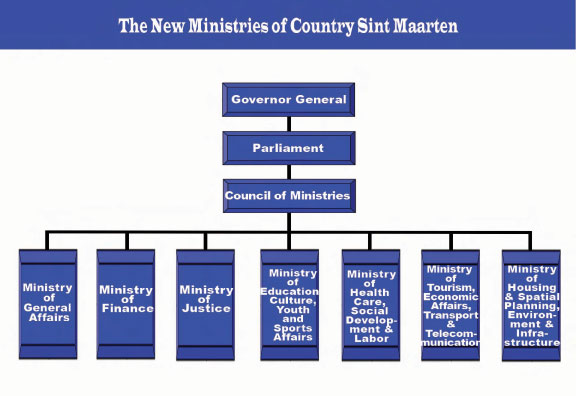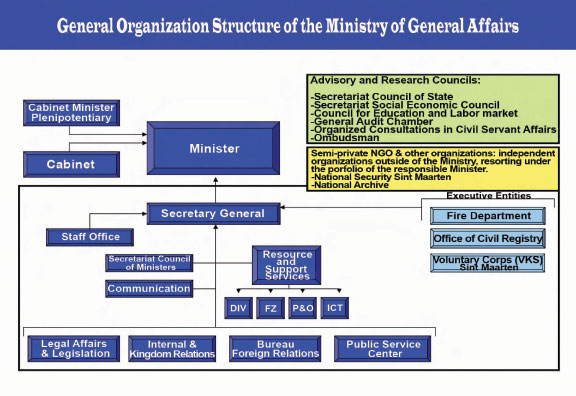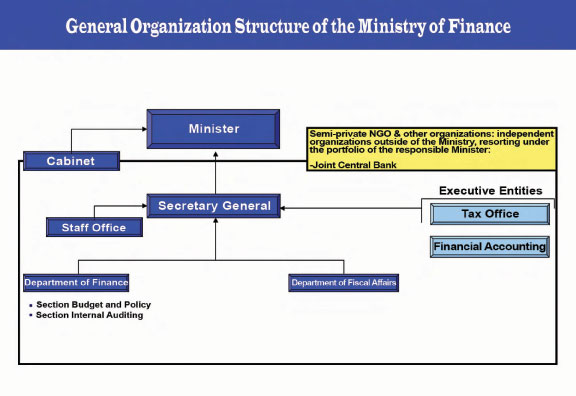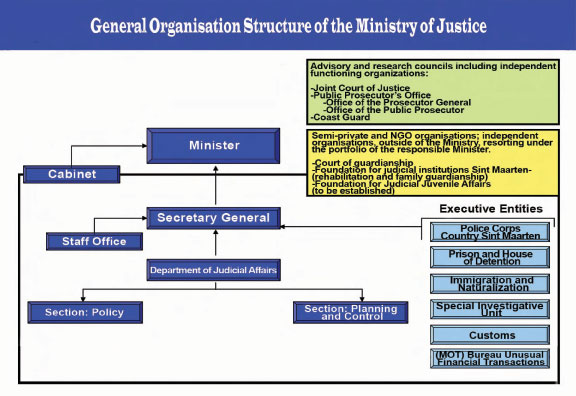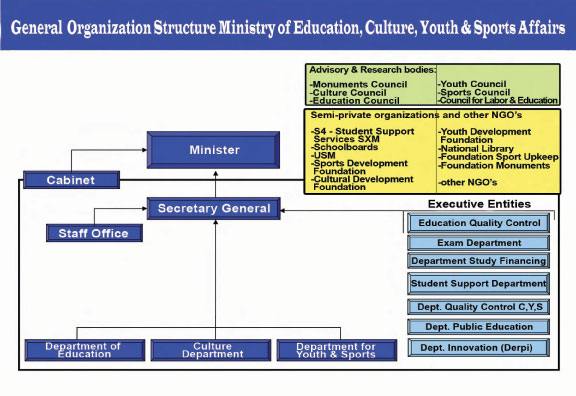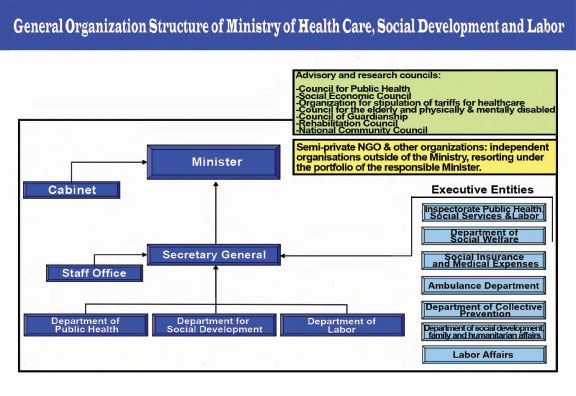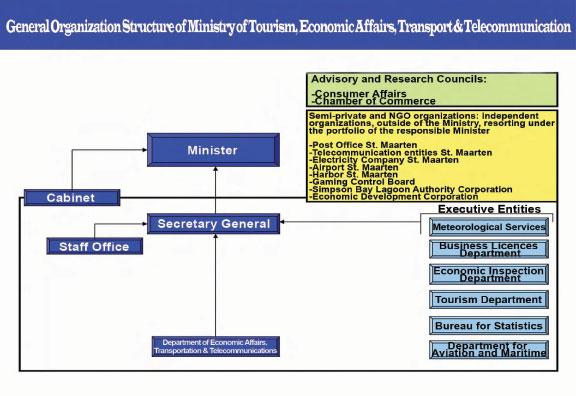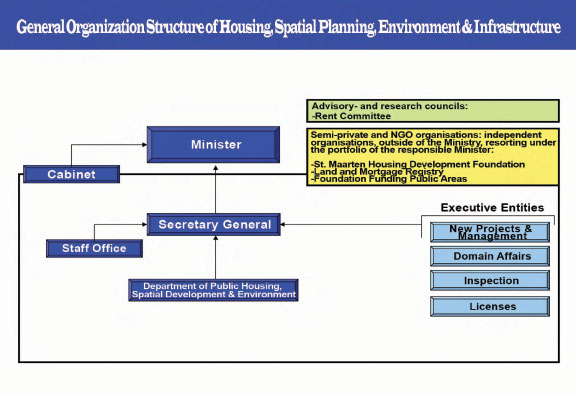The picture becomes even gloomier if we consider that tourists are more and more attracted to destinations where Nature and the environment have remained relatively untouched. Although this attraction could be fatal, tourism and biodiversity are not foes unto death. To the contrary, for tourism to continue to grow in a sustainable manner, it has to assume its responsibility in defending, preserving and ensuring a critical balance with our biodiversity. Let me put it bluntly: tourism needs biodiversity; but biodiversity does not necessarily need tourism. However, the more we respect and take care of Nature, the more we would be able to enjoy its beauty and guarantee our survival as a species.
The United Nations General Assembly declared 2010 as the "International Year for Biological Diversity". The theme of this year's World Tourism Day is in recognition of this proclamation that arose from the deep concern for "the social, economic, environmental and cultural implications of the loss of biodiversity, including negative impacts on the achievement of the Millennium Development Goals, and stressing the necessity to adopt concrete measures in order to reverse it."
The Secretary-General of the UNWTO, Mr. Taleb Rifai, in his World Tourism Day address, noted that "Recognizing the value of Earth's natural capital to its long-term sustainability, the tourism industry is called upon to protect and sustainably manage biodiversity. A healthy tourism industry depends on a healthy resource base, and sustainable growth in tourism means increased funds for conservation."
He further added: "Safeguarding biodiversity is an urgent challenge that concerns us all – the international community, governments, companies and travelers – but it is not too late to act."
Action, indeed, speaks louder than words, and it is in this respect that the St. Maarten Tourist Bureau has been partnering with environmental protection groups such as the Nature Foundation, and EPIC to disseminate information and educate particularly our youth about the importance of biodiversity to tourism and the delicate balance which should be struck between both. It is also in this vein that I would like to acknowledge the efforts of Pride Foundation which has organized the International Coastal Clean-up campaign scheduled to commence at Mullet Bay on Saturday, September 25th, with more clean-ups planned for the rest of the month and the first two weeks of October. May I seize this opportunity to urge everyone to find time to participate in these clean-ups as a demonstration of their awareness of the need to care for our environment.
However, I would like to stress that private sector initiative alone is not enough; government must enact legislation to protect and strengthen biodiversity, maximizing the benefits and minimizing as much as possible the environmental costs of tourism. Of course, this calls for planning, education and financial support for NGOs dedicated to the noble cause of conservation.
Those businesses operating in the tourism sector also have a responsibility to ensure that our biodiversity is not compromised as a result of their operations. It is morally, ethically and it should be legally wrong for businesses to set up shop with utter disregard for the impact their operations would have on our biodiversity. Such impact studies should be mandatory before they can be issued operating licenses.
Also, tourists need to be educated in ways of achieving sustainable tourism and about the real benefits that can be derived from the conservation of our biodiversity. Respect for the nature and culture of the host destination should be paramount for a rewarding tourism experience.
The paradox that tourism offers by, on the one hand growing rapidly due to the attraction of natural and cultural sites, while on the other hand, posing a dangerous and even deadly threat to the same attractions, can be resolved through the concerted effort of all stakeholders.
We need to urgently find ways to strike a balance between tourism and biodiversity in such a manner that economic development and the protection of the environment would no longer be viewed as mutually exclusive, incompatible and in opposition to each other, but as two sides of the same coin. Happy World Tourism Day, St. Maarten!
The New Structure in Country St. Maarten
